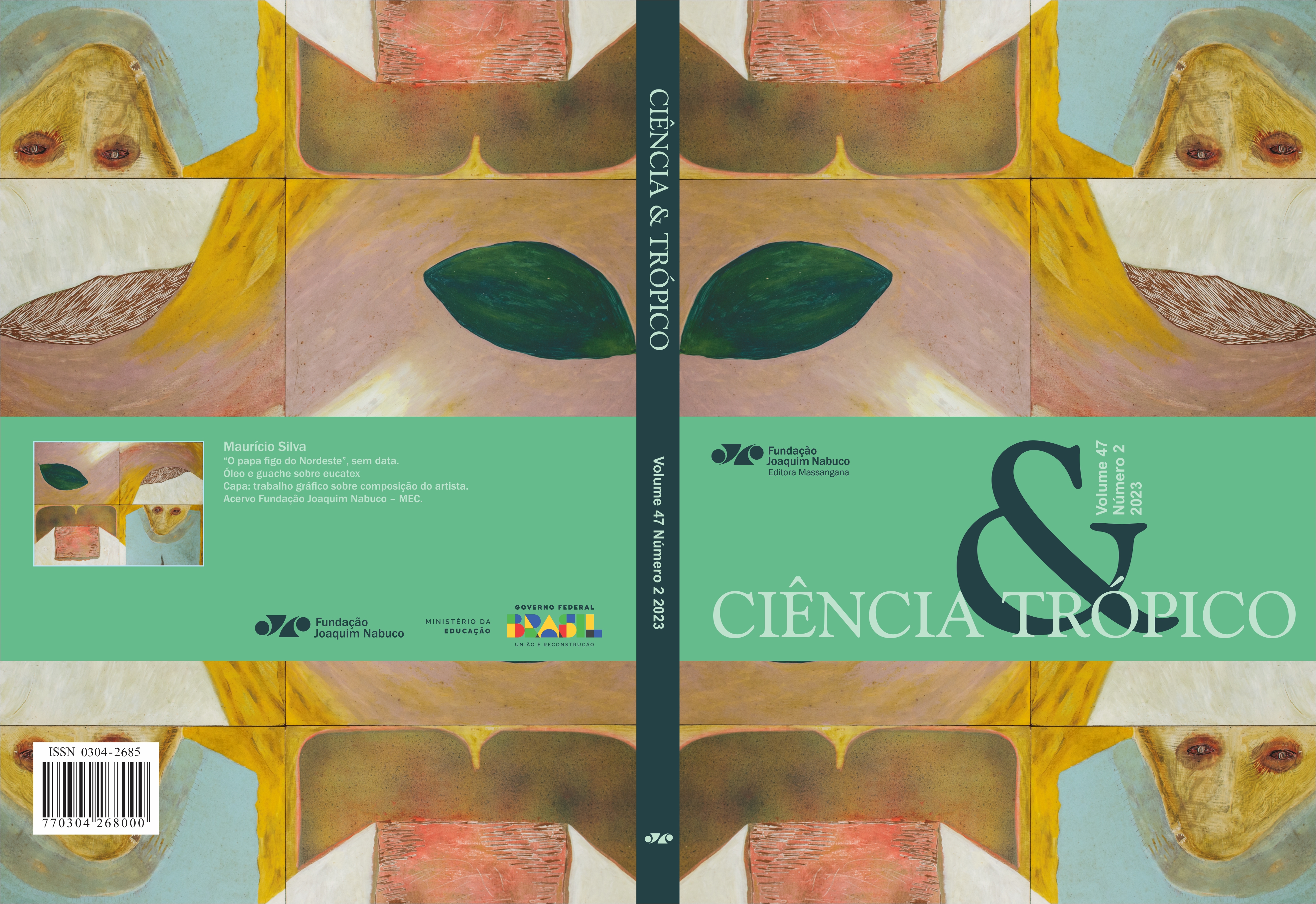The 3R’s applied to plastic
A review on the plastic Reduction, Reuse and Recycling in environmental technologies
DOI:
https://doi.org/10.33148/CETROPv47n2(2023)art8Abstract
The "3Rs" aim to minimize the environmental impact of plastic, promoting its sustainable use and preventing its accumulation in ecosystems. Plastic reduction refers to decreasing the amount of plastic used. Its reduction is important because it decreases the demand for new plastics, thus reducing the extraction of natural resources and the amount of waste generated. Reuse involves using plastic products repeatedly rather than discarding them after a single use. This can be done through different methods such as using refillable water bottles instead of disposable bottles, using reusable shopping bags and adopting durable plastic containers. Plastic recycling is a process by which plastic waste is collected, separated, processed and transformed into new products. Recycling helps reduce the amount of plastic that ends up in landfills or the environment, and saves energy and natural resources. There are different types of plastic, and each requires specific recycling techniques. Therefore, it is important to properly separate plastic waste to facilitate the recycling process. Overall, reducing, reusing and recycling plastic play an essential role in promoting environmental sustainability. Adopting these practices, along with the continued development of environmental technologies, can help mitigate plastic-related issues and promote a cleaner, healthier future. This work aims to review in the literature the "3Rs" of plastics and their main applications to environmental technologies.
Keywords: Reduction. Reuse. Recycling. Plastics. Environmental Technologies.
Downloads
Downloads
Published
How to Cite
Issue
Section
License
Copyright (c) 2023 Adrize Medran Rangel, Fernanda Wickboldt Stark, Patrícia de Borba Pereira, Eduarda Medran Rangel, Andréa Souza Castro

This work is licensed under a Creative Commons Attribution 4.0 International License.


